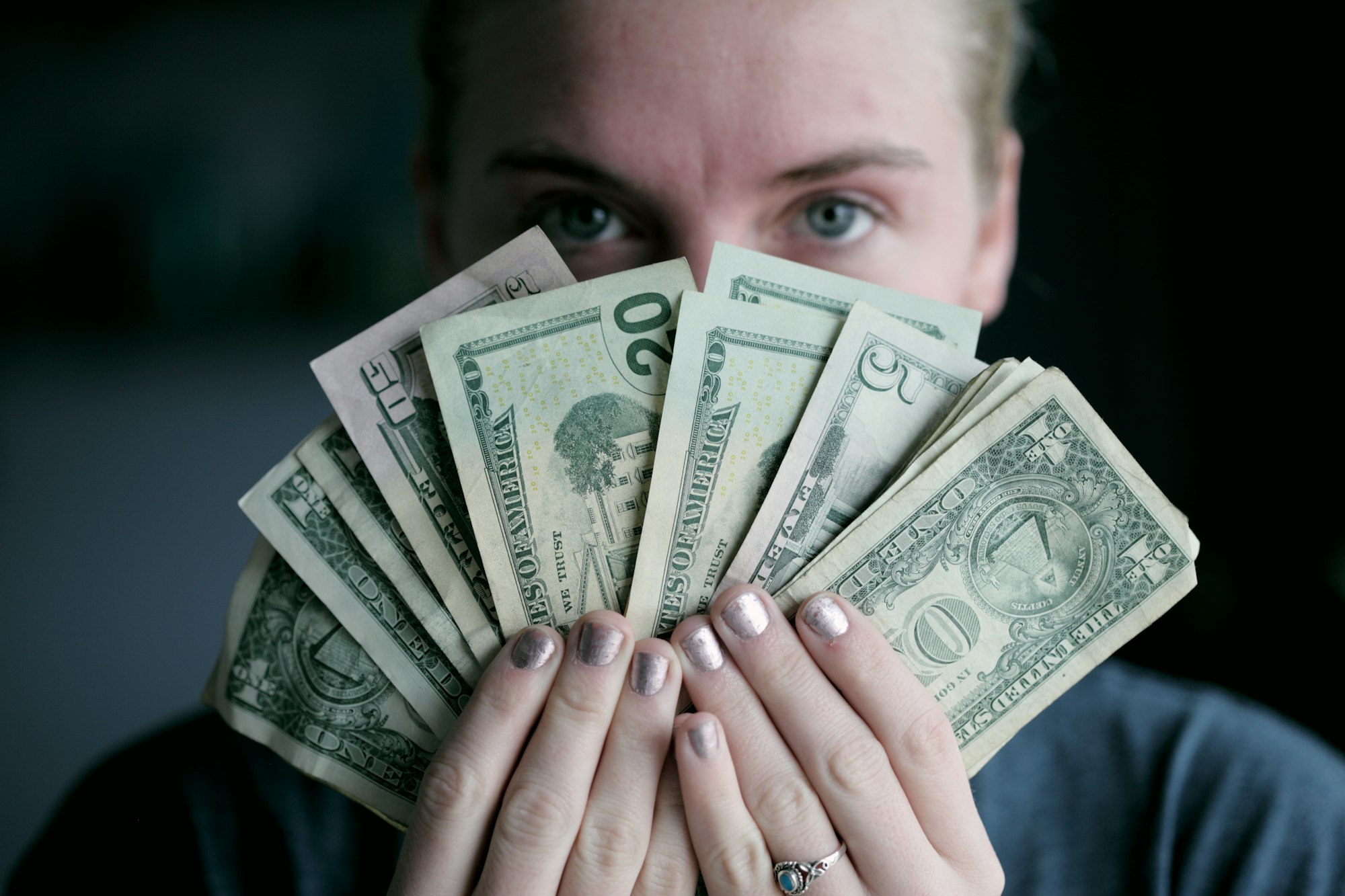Banking institutions are essential for a health economy. Money that is kept in banks by the common people can be used for improving the condition of vulnerable groups. It can also play a role in protecting our environment. This is what Fair Finance aims at. In our previous article on Fair Finance, we have explained how the concept of fair finance promotes sustainable investments on projects that are social, ecological and ethical.
Banks which are transparent about their investments in companies and projects and their financial and trading activities, can positively improve public trust and gain political support. They can also have a major influence on the 17 sustainable development goals.
The Fair Finance International (FFI) is a network of civil society organisations that conducts research and review on the policies and practices of banks and other financial institutions, in order to ensure that these firms behave more responsibly. FFI is currently active in 11 countries of the world, including Germany.

Fair Finance Guide in Germany
The Fair Finance Guide in Germany provides an opportunity to the consumers to obtain information on whether and how banks and life insurance companies in Germany take sustainability into account in their business decisions.
The Fair Finance Guide in Germany reviews and assesses the guidelines that banks and life insurance companies have set for themselves for their business activities. In the case of banks, these guidelines evaluate the kind of projects or companies that the banks are lending to companies in the form of corporate loans and project finance. Additionally, the review can include the nature of the bank's investments and how they create their funds.
Top 5 German Banks on Fair Finance
According to the fifth assessment report published by the Fair Finance Guide in September 2020, the sustainable German banks were found to perform best in ethical and responsible investing and thus promote respect human and environmental rights.
The top 5 banks that scored highest according to the report are: GLS Bank (95%), EthicsBank (94%) and Triodos (88%) and the church affiliated banks – KD-Bank (81% ) and Pax-Bank (80%) from Cologne.

Interestingly, the assessment found that the banks' commitments in the field of climate protection have improved considerably, while most banks showed very limited gender-related guidelines for financing and investment.
1) GLS Bank
GLS Bank, founded in 1974 and based in Bochum, fulfils almost all the criteria of the Fair Finance Guide. GLS Bank invests in more than 11,000 companies and projects such as free schools and kindergartens, regenerative energies, facilities for the disabled or sustainable construction each financial year. At GLS Bank, customers have the opportunity to decide for themselves in which areas they want to invest.
2) EthikBank
EthikBank is an ethical-ecological direct bank that discloses in detail how and where it uses its customers' money. It sees itself as a "transparent bank" and fulfils 94 percent of the criteria of the Fair Finance Guide Germany. In the case of construction financing, there is a special feature: the more ecological the construction project, the lower the interest on the loan.

3) Triodos Bank
Triodos Bank from the Netherlands has also been active in Germany since 2009 and claims to be Europe's leading social-ecological bank. It is committed to promoting sustainable development, respecting human rights and taking care of the environment. In its actions, it complies with 88 percent of the criteria of the Fair Finance Guide Germany.
4) KD-Bank
The Bank für Kirche (Bank for Churches) und Diakonie, or KD-Bank for short, is organised as a cooperative. This Protestant bank is one of the largest church banks in Germany. The bank finances in areas like quality of life in old age, health, aid, vibrant community life, education and affordable housing as well as private housing construction. In the Fair Finance Guide Germany, the bank ranks 4th among the top sustainable banks with a score of 81 per cent and meets most of the assessment criteria.

5) PAX-Bank
Another church bank is PAX-Bank, headquartered in Cologne. The "Bank für Kirche und Caritas" (Bank for Church and Caritas) is organised as a cooperative and wants to "assume a special responsibility and contribute to a sustainable development for society and the environment. It acts according to "Christian sustainable values" and grants loans mainly to charitable and church institutions, but also finances renewable energies. It has made particular gains in climate protection and transparency since 2019.
How are the German Banks ranked?
The Fair Finance Guide in Germany ranks German banks on the basis of their performance across 15 subject areas. These subjects vary cover several overarching issues such as human and labour rights, sensitive sectors such as armaments and mining, and aspects of responsible corporate management.
Based on the international norms and standards such as the UN Human Rights Charter and the ILO core labour standards, each of the 15 subject areas are then measured by a large number of individual criteria. Banks and insurance companies get their scores based on how much these criteria have been considered in their banking operations and guidelines. The analysis of the guidelines is based on publicly available documents such as the website, annual and sustainability reports and press releases.

Why should you consider a fair finance bank?
- Opening and maintaining an account in one of the sustainable banks is often more expensive than the other conventional banks. But in the long run, the benefits will be beneficial for everyone in the society, when the money is sustainably used from a social and ecological point of view.
- Ethical banks do not in general take part in lobbying activities, or make investments in weapons or arms deals. They promote a swifter and smoother energy transition, and promote safeguarding human rights and environmental preservation.
- The consumers also get the chance to decide where to put the money – in water projects, electromobility or renewable energies. So ask yourself, what is important for you and what do you want to use your money for? And then choose a bank that answers these questions for you.
The Fair Finance Guide website in Germany can be used by customers to choose their banks and see which social and ecological aspects German banks take into account.
Header Picture: Sharon McCutcheon, Unsplash



















